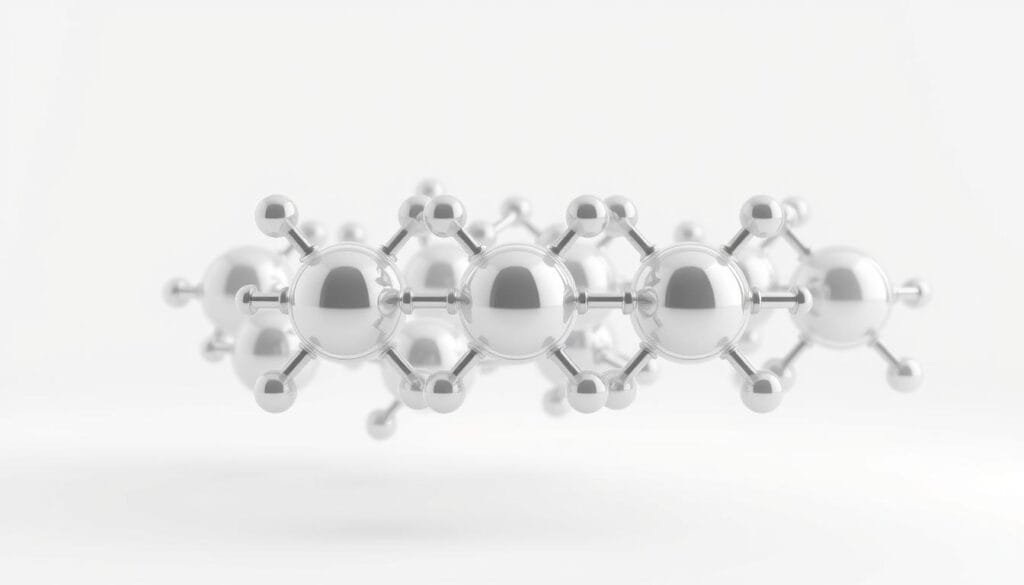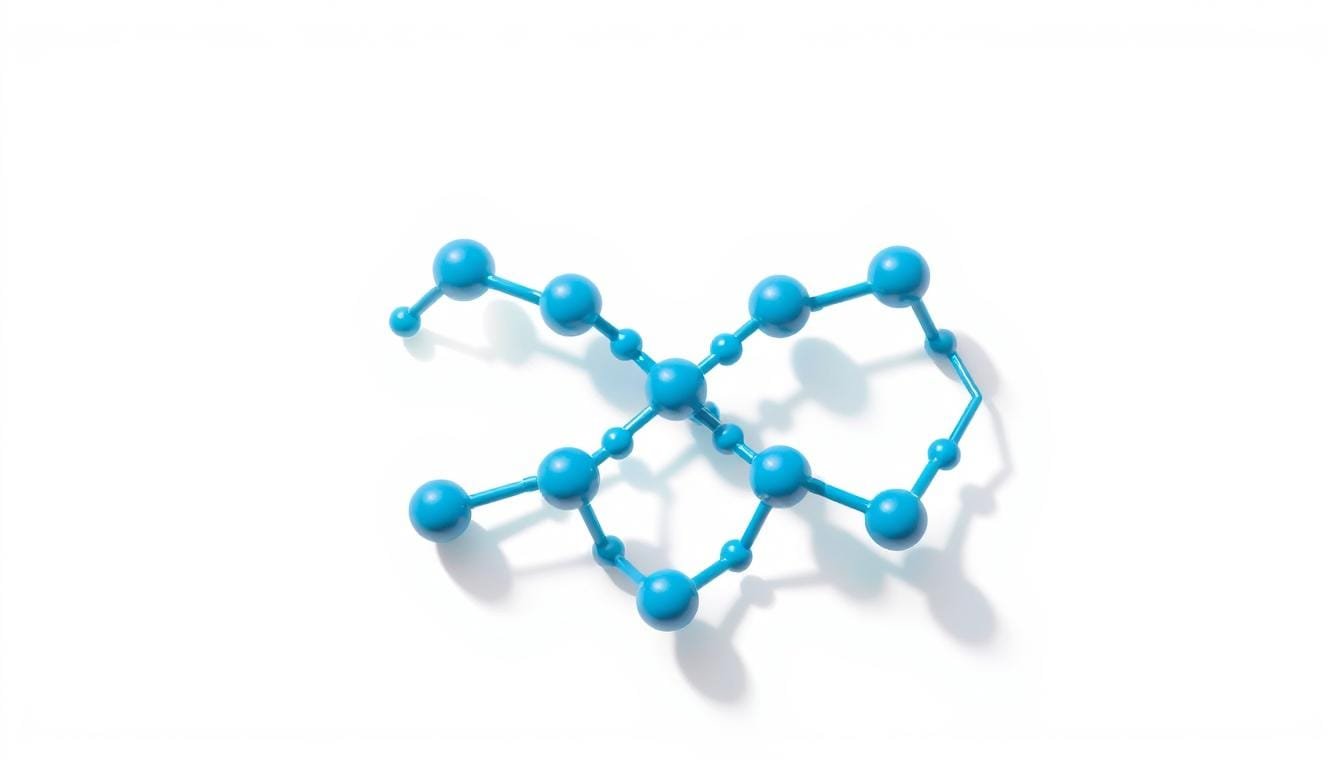Currently Empty: RM0.00
Curious about a tiny element that shows up everywhere — from water to cellular chemistry — yet often gets overlooked?
Wellness Concept introduces how hydrogen appears in daily life and its links to basic health. The company helps Malaysians explore simple science, clear articles, and approachable tips.
Water supplies much of the gas, while digestion and foods like fruits and vegetables add gentle sources. These molecules play roles in hydration, nutrient transport, joint ease, and energy production inside the mitochondria.
Researchers suggest this small element may protect cells from free radicals and reduce oxidative effects tied to aging. This piece previews studies, practical steps, safety notes, and local guidance.
For local advice, contact Wellness Concept via WhatsApp at +60123822655. Business hours are Mon–Fri 9:30 am–6:30 pm and Sat–Sun 10 am–5 pm. Readers should consult a healthcare professional before starting new therapies.
Key Takeaways
- Hydrogen appears widely via water and digestion and supports core body functions.
- Simple roles include hydration balance, nutrient transport, and joint lubrication.
- Some studies link hydrogen to protection from free radicals and oxidative effects.
- Practical sources are fruits, vegetables, and healthy fats; local guidance is available.
- Wellness Concept offers balanced, evidence-aware articles and local support via WhatsApp.
Hydrogen 101: The element inside every cell and why it matters today
From classroom chemistry to lab studies, this simple element plays surprisingly big roles inside cells.
The basics: From H2 in nature to H2O in your glass
Hydrogen appears as a colorless, odorless gas and as part of water molecules that people drink every day.
Two hydrogen atoms bond with oxygen to form water, and those atoms sit inside tissues and cells that support routine function.
Present-day understanding: From “inert gas” to biological actor
Long thought physiologically inert, evidence after Ohsawa et al. (Nature Medicine, 2007) showed molecular hydrogen can selectively reduce dangerous oxygen radicals such as hydroxyl and peroxynitrite.
Preclinical studies used low-percentage inhalation (for example, 2%) and hydrogen-rich solutions and found antioxidant and anti-inflammatory effects. The gas diffuses across membranes quickly, yet it leaves the body fast — often exhaled within about 30 minutes.
- Targets: radicals like -OH and ONOO−
- Delivery: low-percentage inhalation or H2-rich saline
- Context: findings span cells, animals, and early human studies
For product guidance in Malaysia, contact Wellness Concept via WhatsApp at +60123822655 during business hours.
Why do we need hydrogen in our body?
Small amounts of this gas arrive every day via water and digestion, and they quietly support many routine processes. Cells rely on those molecules to keep fluid balance, move nutrients, and stay efficient during work and rest.

Hydration and cellular function
Hydrogen within water helps maintain fluid balance so cells keep steady. Good hydration supports focus, movement, and general health across Malaysia’s warm climate.
Energy production
After food breaks down, hydrogen ions fuel the mitochondria. This process creates usable energy that powers daily tasks and exercise.
Combating oxidative stress and inflammation
Research shows molecular hydrogen can target the most reactive oxygen species, which may reduce oxidative stress.
That action can help calm inflammation and protect tissues from damage after injury.
Brain, immune balance, and joint comfort
Early studies hint at benefits for the brain and nervous system, such as support for recovery and cognition. The immune system may also stay more balanced when inflammation is controlled.
Wellness sources note better joint lubrication and smoother movement for active routines.
“Promising findings exist, but many results come from animal work and early human studies.”
| Function | How it helps | Evidence level | Practical note |
|---|---|---|---|
| Hydration | Maintains fluid balance for cells | Established | Drink water and eat fruits |
| Energy | Hydrogen ions in mitochondria drive ATP | Biochemical basis | Balanced carbs and fats support the process |
| Protection | May neutralize reactive oxygen species | Promising, early-stage | Findings mostly preclinical |
| Inflammation & Repair | Activates adaptive pathways like Nrf2/HO-1 | Growing evidence | Individual results vary |
Practical tip: For Malaysia-based guidance on hydration, diet with fruits and vegetables, or local product advice, contact Wellness Concept via WhatsApp at +60123822655. Business hours are Mon–Fri 9:30 am–6:30 pm and Sat–Sun 10 am–5 pm.
What studies suggest about molecular hydrogen’s effects
Recent experiments track a tiny gas across tissues and show measurable shifts in inflammation and oxidative markers.
Selective antioxidant action
Molecular hydrogen appears to target the most reactive oxygen species, notably hydroxyl radicals (-OH) and peroxynitrite (ONOO−).
Lab studies report lower measures of oxidative damage after low-concentration exposure, suggesting a true antioxidant effect at the cell level.
Anti-inflammatory signaling and anti-apoptosis
Work in animals shows activation of Nrf2 and HO-1 pathways. That response boosts defenses such as SOD and GSH.
Researchers also note reduced inflammatory cytokines (IL-6, TNF-α) and fewer signs of programmed cell death after injury.
From animals to humans: evidence and gaps
Most promising data come from animal models of ischemia-reperfusion injuries and acute stress. Controlled human trials remain limited.
Hydrogen is cleared quickly—typically within about 30 minutes after administration—so timing matters in protocols.
- Delivery: low-percentage inhaled gas (e.g., 2%) or hydrogen-rich saline in labs.
- Measured effects: lower oxidative markers, reduced inflammation, and anti-apoptotic signals.
- Evidence level: strong preclinical work, fewer robust human trials.
| Outcome | Evidence level | Notes |
|---|---|---|
| Oxidative damage | Preclinical strong | Consistent reductions in markers |
| Inflammation | Preclinical moderate | Lower cytokines in animal studies |
| Human trials | Limited | More randomized studies needed |
“Promising signals do not guarantee the same effects in all patients.”
For Malaysia-based summaries of complex research and plain-English articles, contact Wellness Concept via WhatsApp at +60123822655.
Practical ways to support healthy hydrogen levels
Supporting healthy hydrogen levels starts with simple daily choices that fit busy lives in Malaysia. Small, consistent habits help maintain useful molecular hydrogen availability for cell function and overall health.

Water first: Everyday H2O as a foundational source
Drink enough water each day. Plain H2O supplies the most common source of hydrogen atoms for tissues.
Tip: Aim for steady sipping during warm days to support hydration and normal function.
Food choices: Fruits, vegetables, and healthy fats
A balanced plate with fruits, vegetables, and healthy fats (avocado, nuts, fish) helps sustain levels through natural food molecules.
These foods support energy, antioxidant pathways, and immune balance while complementing hydration habits.
Hydrogen water and therapies: What they are and how they’re used
Hydrogen water is water infused with molecular hydrogen gas for convenient at-home use. Consumer devices vary by concentration and convenience.
Research protocol differs: labs used controlled 2% inhalation or hydrogen-rich saline. Retail items are not the same as clinical therapy and outcomes vary.
- Simple routine: drink water, eat whole foods, and sleep well.
- Potential effects: antioxidant and anti-inflammatory support, exercise recovery, and clearer focus—individual results vary.
- Practical note: hydrogen exits the body quickly, so timing and consistency matter.
“Mindful tracking of hydration, mood, and recovery helps guide any next steps.”
For Malaysia-based product comparisons, usage tips, or clinician referrals, contact Wellness Concept on WhatsApp at +60123822655. Hours: Mon–Fri 9:30 am–6:30 pm; Sat–Sun 10 am–5 pm.
Safety, side effects, and smart use in Malaysia
A clear look at tolerability, exposure levels, and simple safeguards helps guide safer choices.
What research reports: Most preclinical and early clinical studies show good tolerability and few side effects. Reports note that the gas clears quickly—often within 30 minutes—so timing and level of exposure matter for any therapy.
Practical precautions before starting
Patients should consult a healthcare professional before trying new therapy or devices. Daily wellness habits like drinking plain water differ from clinical protocols that may use controlled gas administration.
“Start low, track effects, and share observations with a clinician.”
- Side effects are uncommon, but monitoring is prudent for people with conditions or on medications.
- Treatment timing, frequency, and exposure level influence outcomes and safety.
- Gas safety: non-explosive below research thresholds, yet trained oversight is essential for clinical use.
For Malaysia-based guidance, product options, or clinic referrals, contact Wellness Concept on WhatsApp at +60123822655. Hours: Mon–Fri 9:30 am–6:30 pm; Sat–Sun 10 am–5 pm.
| Topic | Summary | Practical note |
|---|---|---|
| Side effects | Rare in studies, generally mild | Report any new symptoms to a clinician |
| Exposure level | Timing and concentration affect response | Discuss protocols with trained staff |
| Patients with conditions | Require tailored advice | Combine with medical care for injuries or chronic issues |
| Research context | Promising preclinical work; limited trials | Read balanced articles and check recent studies |
For practical at-home options, read the company guide to hydrogen water for stress relief, and speak with Wellness Concept before adopting any therapy.
Conclusion
The big picture shows how tiny molecules can shape energy use, inflammation, and brain function.
Research highlights selective targeting of harmful radicals such as hydroxyl and peroxynitrite and activation of Nrf2/HO-1 pathways. These effects suggest antioxidant and anti-apoptotic benefits, mainly in animal work and early studies.
Practical balance matters. Foundational ways—steady hydration, nutrient-dense meals, and consistent routines—support healthy levels and daily function.
Because the gas clears quickly, timing and professional oversight matter for advanced options, especially after injury or during recovery. Readers can message Wellness Concept on WhatsApp at +60123822655 for friendly, no-pressure guidance and local product education.
Review studies with a clinician, track energy, brain clarity, and overall health, and choose steps that match personal goals.
FAQ
What is the role of hydrogen in cellular hydration and function?
Hydrogen helps maintain proper water structure and balance inside cells, which supports nutrient transport, waste removal, and membrane stability. Proper hydration enables enzymes and channels to work efficiently, so tissues perform daily tasks with less stress.
How does hydrogen contribute to energy production?
Hydrogen ions (protons) drive mitochondrial processes that make ATP, the primary energy currency. That proton flow across mitochondrial membranes helps cells convert nutrients into usable energy for movement, thinking, and repair.
Can hydrogen combat free radicals and oxidative stress?
Molecular hydrogen has selective antioxidant action. It can neutralize highly reactive species such as hydroxyl radicals and may reduce oxidative damage to DNA, proteins, and lipids, helping slow wear-and-tear linked to aging and disease.
Does hydrogen reduce inflammation?
Research indicates hydrogen can modulate inflammatory pathways, lowering markers that drive tissue injury. It may act through signaling routes like Nrf2 and HO-1 to calm chronic inflammation without broadly suppressing immune defense.
How does hydrogen support cell protection and repair?
By reducing oxidative damage and moderating inflammatory signals, hydrogen helps preserve membrane integrity and cellular components. That support may improve recovery after mild injuries and reduce ongoing molecular harm.
Are there benefits for the brain and nervous system?
Studies suggest hydrogen may protect neurons from damage, support cognitive resilience, and aid recovery after certain types of injury. Evidence in humans is limited but promising, requiring more clinical trials for clear conclusions.
What is hydrogen’s role in immune system balance?
Hydrogen appears to help regulate immune responses, promoting a balanced reaction that defends against threats while reducing excessive inflammation. This modulation supports overall immune health without wiping out defense mechanisms.
Can hydrogen affect joints and movement?
By lowering oxidative stress and inflammation in joint tissues, hydrogen may ease stiffness and support mobility. Some users report improved comfort, though results vary and more robust studies are needed.
What does research say about molecular hydrogen’s selective antioxidant action?
Preclinical and early clinical studies show molecular hydrogen preferentially neutralizes the most damaging radicals like hydroxyl and peroxynitrite, while sparing milder reactive species that participate in normal signaling. This selectivity may preserve healthy cellular communication.
How strong is the evidence from animal and human studies?
Animal data are more abundant and often positive. Human trials are growing but smaller and varied in design. Overall, results are encouraging yet preliminary, highlighting the need for larger, well-controlled studies to confirm benefits and optimal dosing.
What practical ways exist to support healthy hydrogen levels?
Start with good hydration from plain water and a diet rich in fruits, vegetables, and healthy fats that support cellular health. Some people use hydrogen-rich water or inhalation therapies, which are available commercially, but they should be chosen carefully and used with guidance.
What is hydrogen water and how is it used?
Hydrogen water contains dissolved molecular hydrogen gas (H2). People drink it for antioxidant and recovery benefits. Typical use ranges from daily sips to several bottles per day, depending on product concentration and individual goals.
Are there side effects or safety concerns?
Molecular hydrogen is generally well tolerated in studies, with few reported side effects. However, long-term safety data are limited. Users should follow product instructions and consult a healthcare professional—especially if pregnant, nursing, or taking medications.
What guidance exists about dosage and timing?
Research has used varied doses and schedules, so no universal guideline exists. Short-duration trials often employ several milliliters of hydrogen-rich water or low-flow inhalation sessions. Consulting a clinician helps tailor use based on health status and goals.
Where can people in Malaysia get reliable advice or services?
Wellness Concept provides consults and services; interested individuals can contact them via WhatsApp at +60123822655. Hours: Mon–Fri 9:30 am–6:30 pm, Sat–Sun 10 am–5 pm. Always verify credentials and ask about product testing before starting any therapy.


